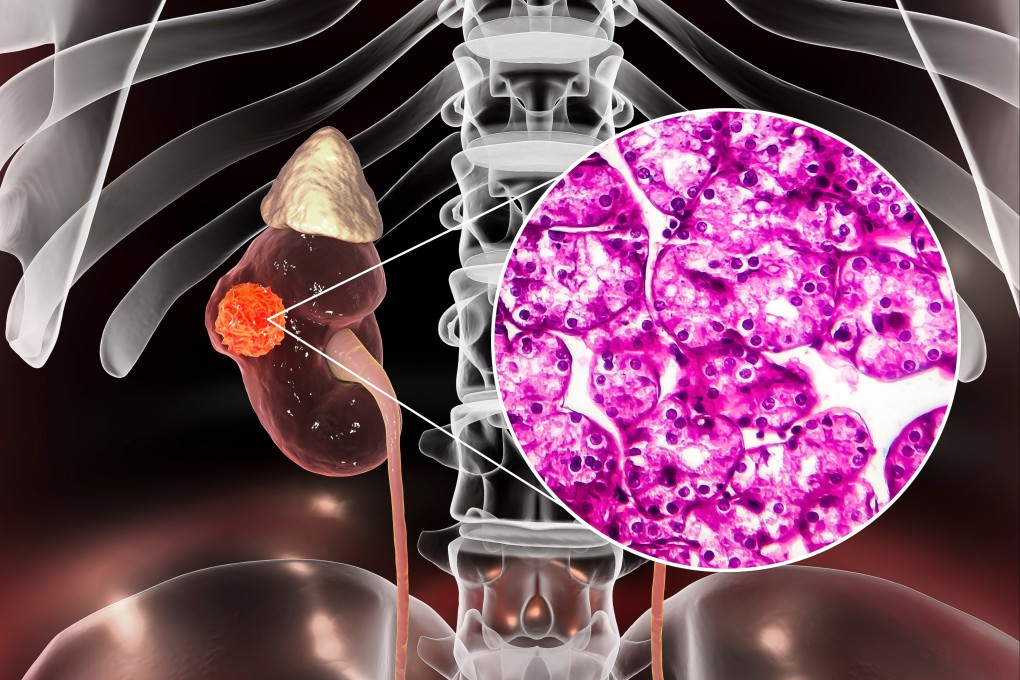Kidney cancer 101: symptoms, treatments new and old – and a mother’s journey to recovery
- Immunotherapy keeps mother-of-two Niki Ridge fighting fit after kidney cancer spread to her lungs, ribs, spine, breast – and brain

When Niki Ridge started having night sweats and a cough, she saw her doctor, thinking the sweats might be related to the hormone replacement therapy she was having for menopause. Her doctor agreed, but sent her for a chest X-ray to explore the cough.
“Kidney cancer can be a bit of a b****r,” says Ridge, a 57-year-old mother of two teenage boys living in the United Kingdom. “It is often found incidentally, when people are having other medical investigations.”
She pinpoints the big problem with kidney cancer: “Symptoms are usually associated with advanced disease.”
Kidney cancer is also referred to as renal cancer. Around 80 per cent of kidney cancers are renal cell cancers that start in cells in one of the kidneys’ nephrons, that filter the blood and make urine.
Early kidney cancers are generally asymptomatic, says Dr Ngo Chang-chung, a specialist in urology at Hong Kong’s CUHK Medical Centre.
